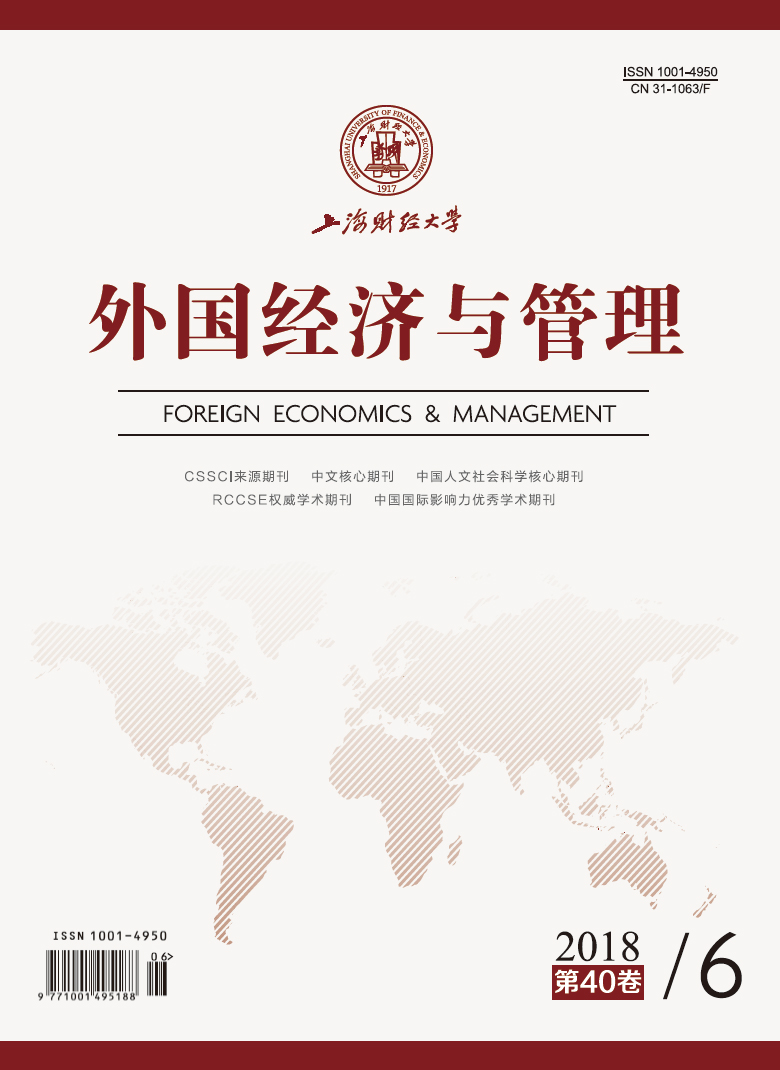With the increasing attention paid to research on organizational territoriality in recent years, scholars have been seeking to explore its antecedents as well as the consequences, in order to contribute to the theory of territoriality. However, the research on organizational territoriality should consider cultural differences when we study it in a certain cultural backdrop(e.g., Chinese), that differs from the western culture where the theory was born. Although culture has been used to determine and explain preferences in modes of conduct in individuals and collectivities, it remains a major determinant of individuals’ psychology, attitude, and behavior. As a result, the definition and effects of organizational territoriality may vary as a function of culture. In addition, territorial behavior is a social construct, whose meaning lies in social interactions among members that may be easily influenced by culture. The social nature of territoriality indicates that it may be sensitive to cultural differences. Accordingly, the current study aims to explore how the cultural differences can shape organizational territoriality. In particular, this study hinges on the influences of individualism-collectivism on organizational territoriality from a cross-cultural perspective. This is because individualism-collectivism has been demonstrated as the most significant factor reflecting cultural differences between the west and the rest of the world. Besides, it also captures the ways individuals define the relationship between the self and the collective thereby showcasing the boundaries between the self and other members in social interactions. Firstly, we answer the question: why should we consider the differences between individualism and collectivism in studying organizational territoriality? We argue that the ways that individuals define the self will affect the ways they define the boundaries of their territories. Secondly, based on the cultural dimension of individualism-collectivism, we compare the territoriality under individualistic culture with that under collectivistic culture. We posit that, compared with individuals under individualistic culture, employees in collectivistic culture are more likely to display identity-oriented marks of a territoriality and anticipatory defense, and to exhibit less reactionary defense but the same level of control-oriented territorial mark. Thirdly, in order to deepen our understanding of organizational territoriality in Chinese collectivistic context, we explore the effects of
 / Journals / Foreign Economics & Management
/ Journals / Foreign Economics & ManagementForeign Economics & Management
JIN Yuying, Editor-in-Chief
ZhengChunrong, Vice Executive Editor-in-Chief
YinHuifang HeXiaogang LiuJianguo, Vice Editor-in-Chief
Exploration of Organizational Territoriality: From the Perspective of Individualism-Collectivism Cultural Comparison
Foreign Economics & Management Vol. 40, Issue 06, pp. 73 - 85 (2018) DOI:10.16538/j.cnki.fem.2018.06.006
Summary
References
Summary
Cite this article
Zhang Jialiang, Fan Xueling, Liu Jun. Exploration of Organizational Territoriality: From the Perspective of Individualism-Collectivism Cultural Comparison[J]. Foreign Economics & Management, 2018, 40(6): 73-85.
Export Citations as:
For
ISSUE COVER
RELATED ARTICLES





 7857
7857  23300
23300

